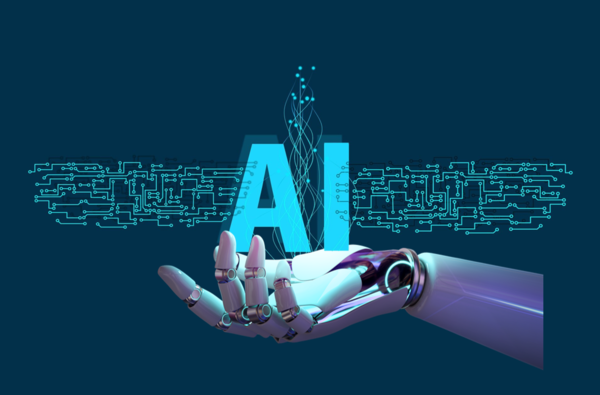
The rapid emergence and evolution of Artificial Intelligence (AI) has greatly increased its capabilities to create works of art. Nevertheless, this has also raised concerns about copyright. Due to the technological advancement of AI, a sufficient social discussion about AI copyright has not been able to catch up with its progress. AI, which has started to create vast amounts of photos or illustrations, is shaking the game in each field and even threatening the livings of artists. The rights issue of ‘AI artists’ who have already entered the realm of creation is also ambiguous. Some point out that the trend of times for AI creations should be acknowledged, and suitable regulations, such as a patent for AI creations, are needed.
Currently, there is no copyright protection for works solely generated by a machine. However, in this rapidly developing AI industry, discussions on improving the legal system that can protect AI works are taking place worldwide. Machine learning algorithms are actually learning from input provided by programmers. This means that the original author of the AI itself is the developer, and not recognizing AI's creations could be interpreted as violating the developer's rights. Moreover, AI learns from these input data to generate a new piece of work, making independent decisions throughout the process to determine how the works would look using their neural network. As AI generates something completely new, if copyright is not recognized for creations independently generated by AI, they could be plagiarized. Pieces of work created by plagiarizing AI creations may be distributed and sold over the Internet, and social confusion may occur, such as disputes over fair use.
The Article 2, Chapter 1, General Provisions of the Korean Copyright Act says that the copyright protection can only be applied when human thoughts and emotions are expressed into the piece of work. AI learns a specific aesthetic by analyzing thousands of images that were produced by a number of human artists. The algorithm then generates new works in adherence to the artistic technique it has learned. AI can accommodate any artistic skills that have been produced through human endeavors, and will use the cumulative data to generate their own works without any human effort. This has been interesting for casual users and technology enthusiasts. However, it remains a serious danger to artists, who could lose their jobs. AI researchers, startups, and multibillion dollar tech companies aim to encourage the use of copyright-protected works, claiming the freedom of expression. However, if it threaten the livelihood of the original creator, it should not be accepted.
Ray Kurzweil, Google’s Director of Engineering, and renowned futurist, said: “I’ve been consistent that by 2029, computers will have human-level intelligence. Follow that out further to, say, 2045, we will have multiplied the intelligence, the human biological machine intelligence of our civilization a billion-fold.” To expand the base of the infinite AI industry, writing laws to prevent using models in copyright violation are urgently required. First of all, as the current copyright law targets ‘humans’, a new frame of discussion is needed. This is because a variety of people can participate in the process of generating AI creations, unless AI itself is viewed as a subject with personality. According to Sang Jo Jong, a professor at Seoul National University School of Law, “It is difficult to divide the creators of works created by AI.” He explained, “It is difficult to distinguish whether it is the programmer who developed the AI algorithm, the person who learned AI by inputting big data, or the user who ordered the creation from the AI.” Additionally, licensing the data and compensating artists could also be a solution. For example, Shutterstock adopted a license agreement for AI datasets. Shutterstock announced that it would build a structure to pay rewards to authors of data used for learning in partnership with OpenAI, the developer of “(DALL·E),” an image-generation AI.
Artificial Intelligence can lead to endless possibility. Creativity, previously considered to be inherently human, is beginning to be redefined. AI models rapidly generate images at a small outlay. In this regard, humans need to prepare a new bill to deal with AI copyright problems. Thus, AI creations should be recognized, as long as there is no damage to the rights of each copyright holder.

